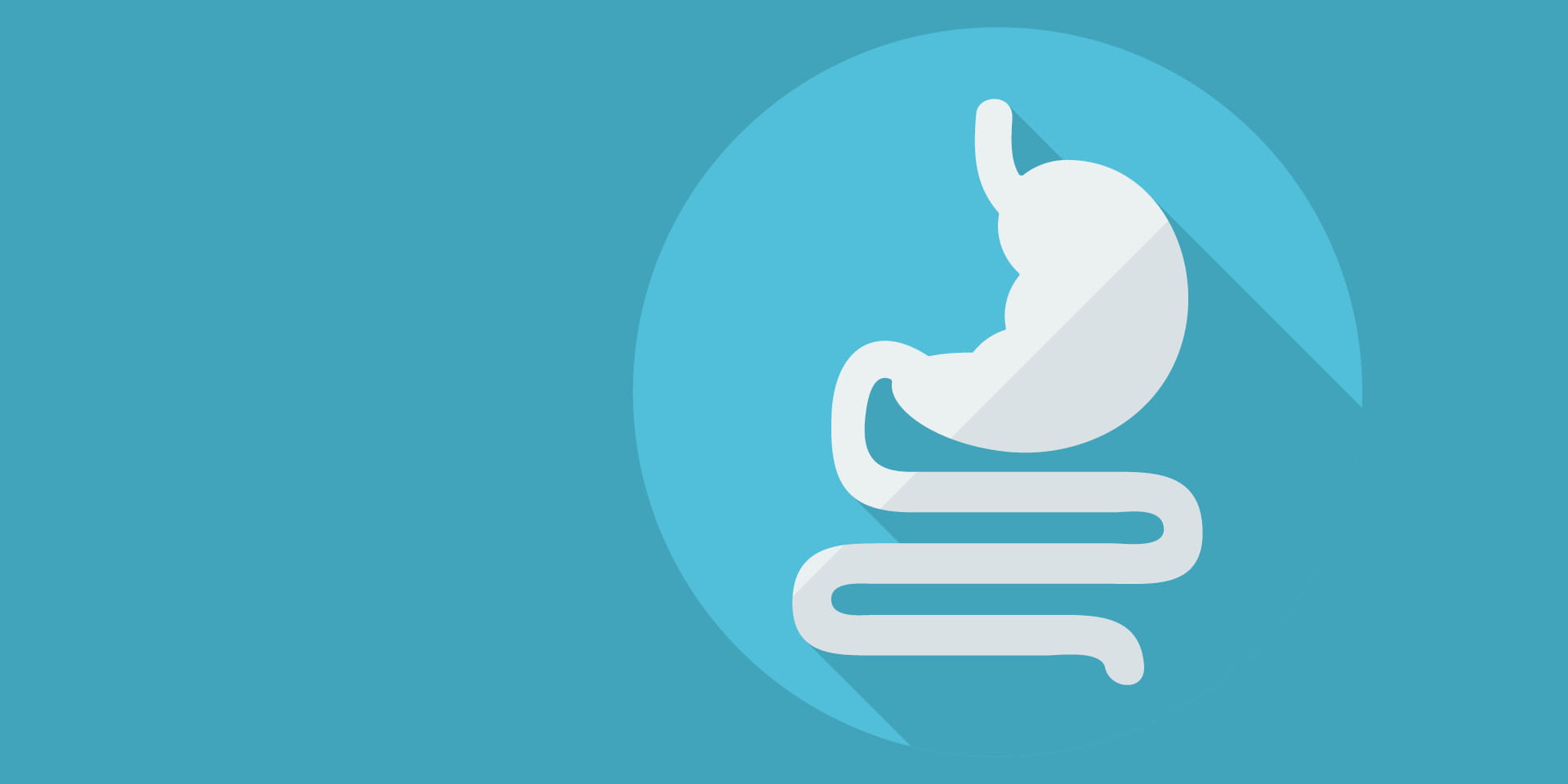The reasons often given by those who avoid having a colonoscopy tend to be fear-based; fear of the possible test results, the bowel preparation, and of the procedure itself.
Regardless of your reason to avoid colonoscopy, this common procedure could ultimately save your life.
Everyone over age 45 should have a colonoscopy and follow-up colonoscopies as recommended by their physician. If you have certain risk factors, you may be advised to have a colonoscopy before age 45. These risk factors include:
- A personal or family history of cancer
- A diet high in red and processed meats
- Smoking
- A sedentary lifestyle
- Obesity
- Having inflammatory bowel disease (IBD),including ulcerative colitis and Crohn's disease
Why is colonoscopy important?
Early stages of colorectal cancer usually present no symptoms, yet colon cancer is one of the most preventable cancers if caught early. Colonoscopy screening can find abnormal growths, called polyps, in the colon or rectum and remove them before they turn into cancer. About 90 percent of colorectal cancer deaths can be prevented through this early detection and treatment.1
What is it like to prepare for and have a colonoscopy?
Most people who have had a colonoscopy say that the worry is worse than the preparation and test. A successful colonoscopy requires a clean colon. One day before the test, you will stop eating solid foods, and drink only clear fluids such as water, tea, coffee, clear juices, clear broths, ice pops, and gelatin (avoiding anything red or purple in color). Starting the evening before the procedure, you take a liquid that clears out your bowels. Specific instructions depend on the bowel prep prescribed, the time of your colonoscopy and any prior experience with bowel preps.
The overwhelming majority of people are asleep during a colonoscopy. The sedative puts you into a sleepy, relaxed state during which you won't feel anything, and you will remember nothing of the experience.
Is there anything new that makes the prep easier?
Low-volume bowel preps work for most people. Instead of taking a whole gallon (4 liters) of liquid the night before the colonoscopy, newer, low volume bowel preps require you to drink only 2 to 3 liters of liquid—a more manageable amount.
Scheduling a colonoscopy is easy using Open Access
Doylestown Health Gastroenterology offers Open Access Colonoscopy to quickly and easily schedule your colonoscopy. The Open Access program allows healthy patients without exclusion criteria the convenience of scheduling a screening colonoscopy without an initial office visit.
1. American Cancer Society: https://www.cancer.org/cancer/colon-rectal-cancer/detection-diagnosis-staging/detection.html
About Doylestown Health Colorectal
Doylestown Health Colorectal Specialists provide expert assessment, diagnosis, and treatment for a wide range of disorders of the colon, rectum, anus and small intestine. Our board-certified physicians offer compassionate, personalized care, continuing patient education and state-of-the-art technology, using advanced colon and rectal surgery and minimally invasive robotic surgery techniques.
About Gastroenterology
Our caring, compassionate gastroenterologists are experts in the diagnosis and treatment of disorders and diseases of the digestive system. Using advanced screening tools, state-of-the-art treatments and innovative technology, our gastroenterology team delivers comprehensive care for conditions of the esophagus, stomach, small intestine, colon and rectum, pancreas, gallbladder, bile ducts and liver. The Open Access Colonoscopy Program allows healthy patients the convenience of scheduling a screening colonoscopy without an initial office visit.
